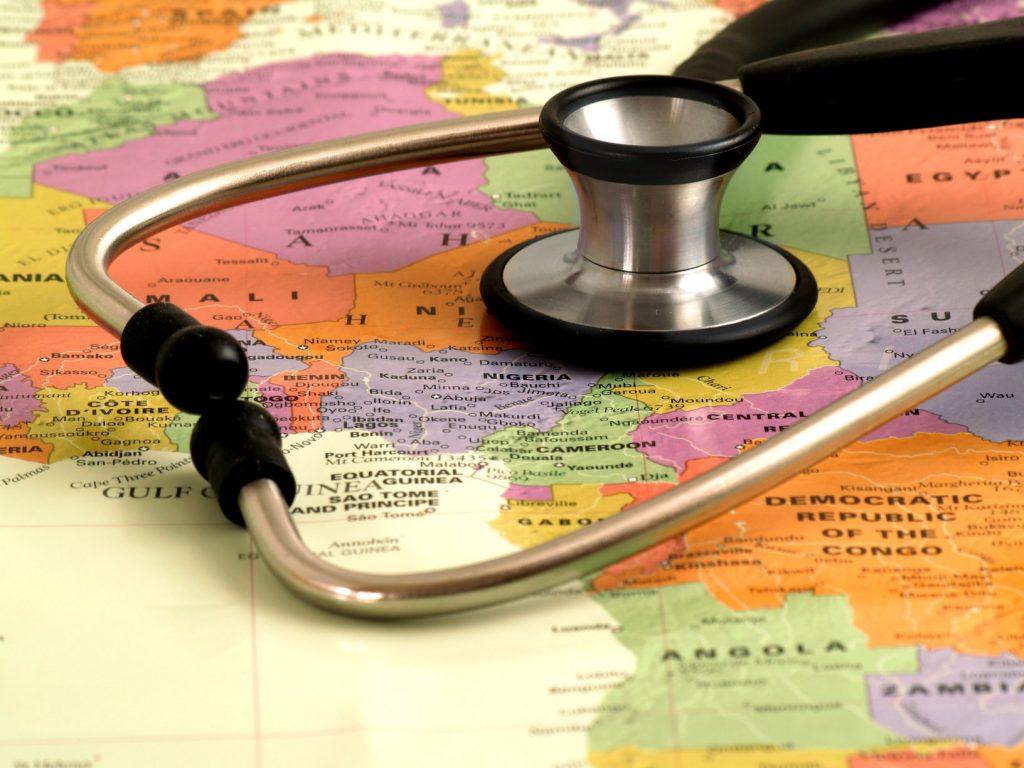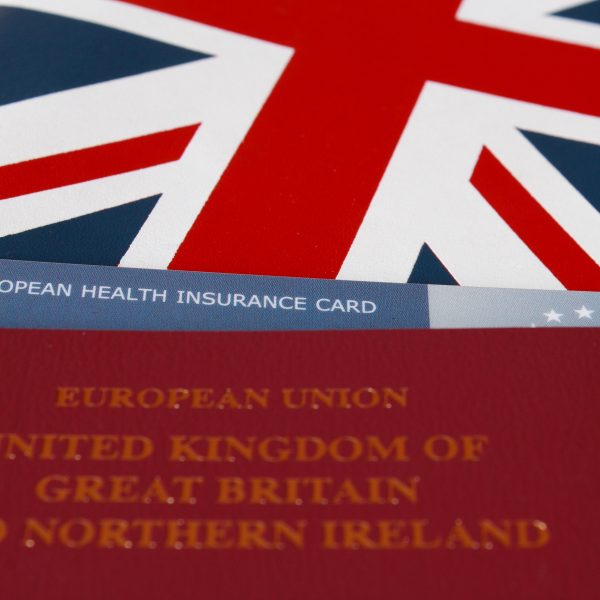Top Tips on Travelling Healthy
“It’s always better to be prepared when travelling,” advises Pharmacist Bav Heer. “It is important to pack smartly and with the essentials.” Bav Heer MrPharmS DipNT mBANT mCNHC, has over 20 years experience as a pharmacist, and here, she gives advice on travel health and nutrition – some of the elements of travelling that are all too often overlooked
Bav comments, “It’s always better to be prepared when travelling. Once you have all your travel documents and insurances finalised you prepare your travel survival kit. Some of us like to over pack, some can survive with the basics, but we don’t cut corners when it comes to our health. Globalisation has caused us to become more adventurous and we’re travelling further afield and taking bigger risks, including the cuisine. Budget flights allow us to travel spontaneously with shorter preparation time, often only with one item of hand luggage. So it is important to pack smartly and with the essentials. So here are my top travel health tips
• Sun protection: take the appropriate factor your skin colour and the amount of protection you will require according to sun exposure. If you are engaging in water sports be sure to use the water proof version.
• Malaria and vaccines: always check the recommendations according to where you are travelling. The guidelines are updated regularly and can change up to twice a year; you need to start taking these before travel. The NHS does not cover travel medications; some require private prescriptions, whilst you can buy others over the counter.
• Including medicines such as anti-histamines, organic allergen barrier balms, insect-bite creams, anti-diarrhoea treatments and Oral rehydration Salts are essential.
• Anti-histamines: if you know that you are likely to react to a bite or suffer with allergies then take along the ones you know. Depending on where you are travelling you may not be able to find anything suitable.
• A note on buying medicines overseas: there have been issues with counterfeit medications. Unless you are confident that you can buy what you need where you are travelling, then it is better to take them with you. There are also different laws according to what you can buy over the counter, there may be language barriers too; not everyone is fluent in English.
• Infection: there are times when you have to visit a local pharmacy and purchase antibiotics which would otherwise require a prescription via the UK. Often the local antibiotic can tackle localised bacterial strains. It is also beneficial to take a probiotic afterwards.
• When it comes to food related issues, (gastroenteritis, norovirus, food poisoning) we often seek a convenient solution that stops the diarrhoea, but doesn’t necessarily help us to eliminate the cause such as bacteria and toxins. You have to remember that the body has recognised “nasties” and is trying to eliminate them to prevent further harm (diarrhoea/vomiting). In the first instance, ensure that you remain hydrated (take your rehydration salts) and assist your recovery by taking an intestinal adsorbent. By doing this you can work towards expelling the cause of the diarrhoea and associated symptoms. Enterosgel, in particular is being recommended by healthcare professionals worldwide for cases of diarrhoea and food poisoning. It works by adsorbing (binding to) bacterial toxins and pathogens in your gut, and works towards expelling them from the body naturally with the stool. It also works towards expelling the gases that cause bloating and flatulence often experienced with digestive issues such as diarrhoea, IBS and sensitive GUT. By getting rid of the culprits you can effectively stop or reduce the extent of the diarrhoea. Another outstanding benefit of taking Enterosgel is that it can be taken as a prophylactic (preventative measure) for Traveller’s Diarrhoea, which means you can start taking it at the beginning of your trip, to help towards protecting you from travel bugs. It is a natural, drug free gel which is suitable for children of all ages and adults (even during pregnancy or when breastfeeding).












